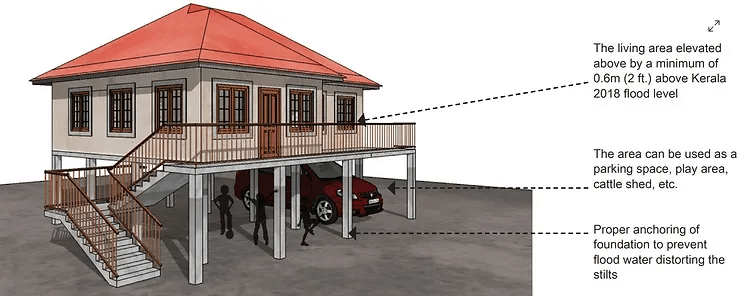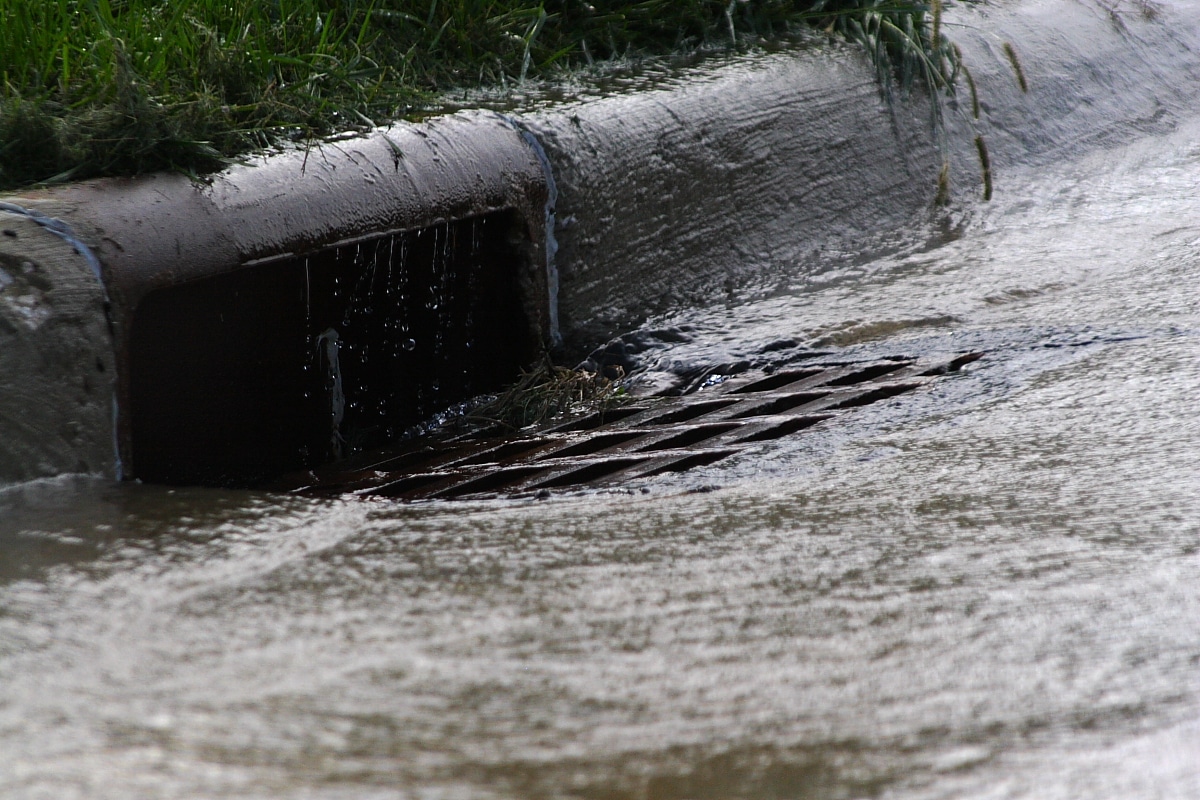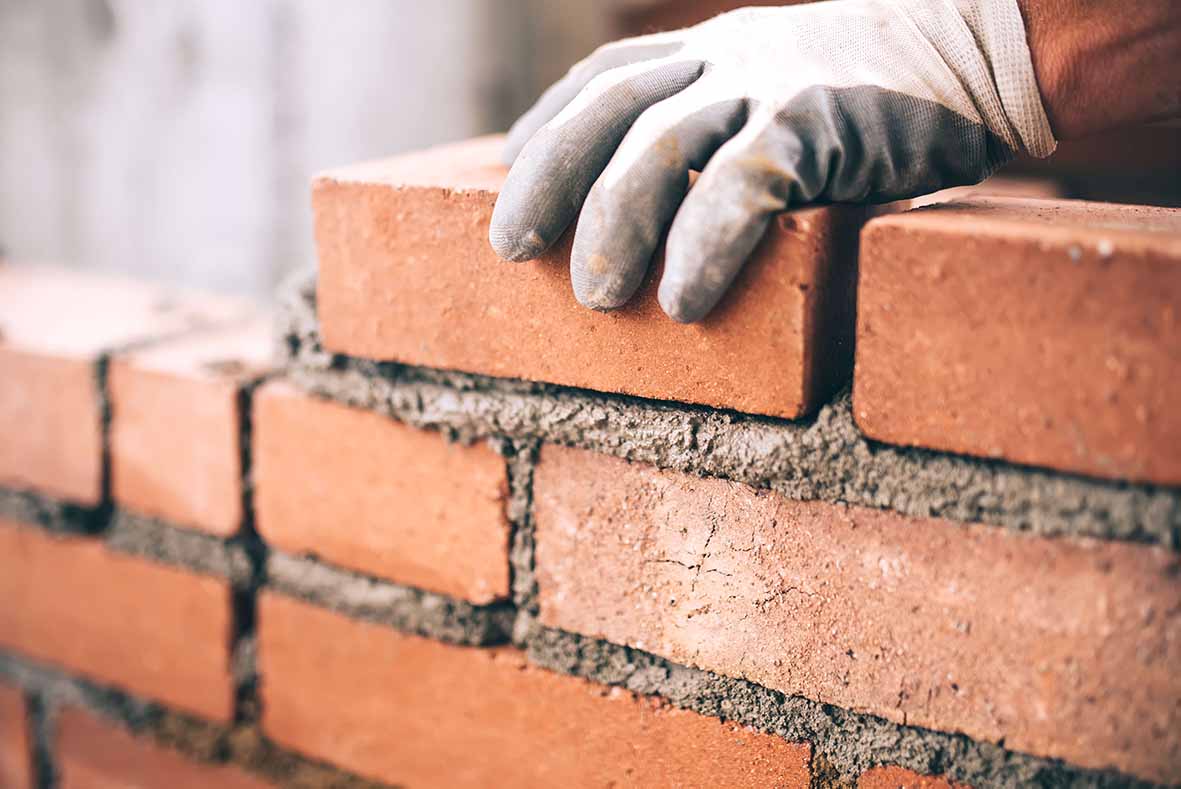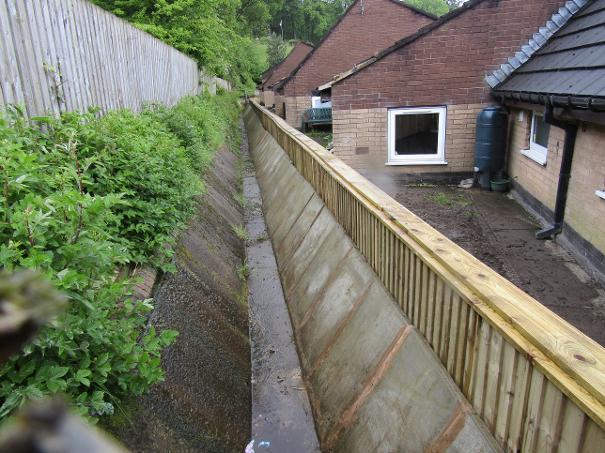Safeguarding homes from Metro Manila floods
As super typhoon Carina unleashes its fury with heavy rains and strong winds in Metro Manila, residents are again reminded of the urgent need to take proactive measures to prepare for potential flooding.
The storm intensified into a severe tropical storm, with outer rain bands affecting the region and enhancing the southwest monsoon. With the memories of Typhoon Ondoy in 2009 and Typhoon Ulysses in 2020 still fresh, the need to find effective ways to protect homes from floodwaters becomes increasingly alarming.
Finding safer grounds
With its low lying coastal and riparian floodplains, Metro Manila’s geography makes certain places more vulnerable to flooding.
Areas like Marikina City, Taft Avenue and España Boulevard in Manila, as well as parts of Quezon City such as Araneta Avenue and Edsa near Camp Aguinaldo are particularly susceptible. Conversely, some regions like Bonifacio Global City (BGC) and the Makati central business district have better flood control infrastructure, making them less prone to flooding.
Clearing the passagewaysBuilding too close to rivers and canals disrupts natural water flow and can lead to severe erosion of riverbanks. Maintaining a buffer zone around rivers and canals helps protect the community and the ecosystem. These buffer zones act as natural barriers that absorb floodwaters, reduce erosion, and filter pollutants before they reach the water.
Design considerations for flood resilience

Elevating structures above the base flood elevation can significantly reduce the risk of water
damage. BENNYKURIAKOSE.COM
Elevating structures above the base flood elevation can significantly reduce the risk of water damage. This method involves raising the home’s foundation, often by constructing on stilts or pilings, to keep the living spaces above flood levels.
Elevating the structure by even a few meters can make a substantial difference in flood-prone areas and provide a refuge. This technique prevents water from entering the home and reduces the force of water on the building’s main structure.
Using flood-resistant materials enhances a building’s resilience to water exposure. Concrete, masonry block, and natural stone are ideal for constructing foundations and lower floors in flood-prone areas. These materials can withstand prolonged water exposure without significant damage.
Moreover, incorporating water-resistant insulation, marine-grade plywood, and non-porous flooring options like membranes, ceramic tiles or sealed concrete can provide an additional layer of protection.
Reinforcing fences and retaining walls
Reinforcing fences and retaining walls may prevent floodwaters from rushing into the premises. These structures act as immediate barriers that can help direct water flow away from the home. Regular inspections and maintenance of these barriers are crucial to identify and repair any weaknesses or damage that could compromise their effectiveness during a flood.
Landscaping for flood management
Effective landscaping can significantly enhance flood resilience by managing water flow and reducing erosion.
Proper grading around the home directs water away from the foundation, preventing it from overwhelming storm drains. Native plants with deep root systems, such as palm and bamboo, stabilize the soil and increase water absorption. Buffer zones with vegetation along property edges capture and slowly release runoff, acting as a first defense against flooding.
Additionally, permeable pavements like porous concrete and gravel reduce runoff by allowing water to infiltrate the surface. French drains, consisting of gravel-filled trenches and perforated pipes, redirect surface and groundwater from the home to safe discharge points.
The author (at www.ianfulgar.com) is a leading architect with an impressive portfolio of local and international clients. His team elevates hotels and resorts, condominiums, residences, and commercial and mixed-use township development projects with innovative, cutting-edge design and business solutions that have garnered industry recognition, making him the go-to expert for clients seeking to transform their real estate ventures



